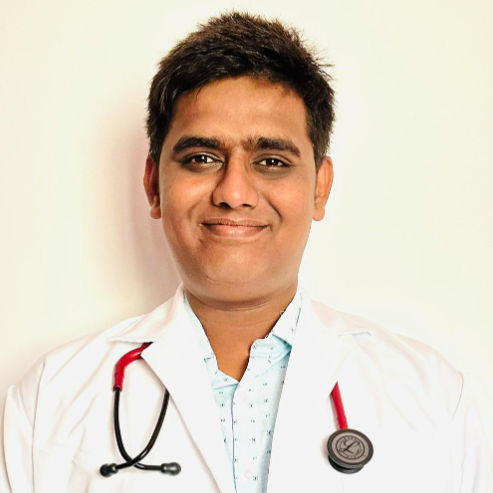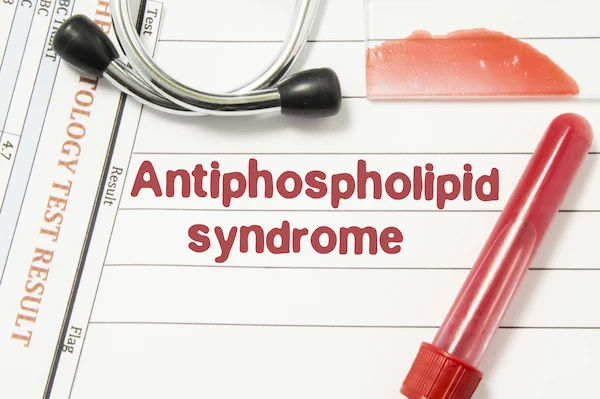Winter and Heart Attack Risk Factors
Learn how cold weather increases heart attack risks. Understand the key winter heart risk factors, warning signs, and preventive measures to protect your heart health in chilly months.

Written by Dr. Md Yusuf Shareef
Reviewed by Dr. Shaik Abdul Kalam MD (Physician)
Last updated on 13th Jan, 2026

Introduction
Winter brings cozy blankets, warm drinks, and festive celebrations, but it also comes with an increased risk of heart attacks. Studies show that heart attacks are more common during colder months, especially among people with existing heart conditions. If you or a loved one has heart disease, understanding the risks and taking preventive steps can help keep your heart healthy this winter.
Why Does Winter Increase Heart Attack Risk?
Several factors contribute to the higher risk of heart attacks in winter:
1. Cold Weather and Blood Vessel Constriction
When temperatures drop, your blood vessels narrow (vasoconstriction) to conserve heat. This increases blood pressure, forcing your heart to work harder. For people with blocked or narrowed arteries (atherosclerosis), this extra strain can trigger a heart attack.
2. Physical Exertion in Cold Weather
Shoveling snow, walking on icy paths, or even sudden bursts of exercise in the cold can put extra stress on the heart. This is especially risky for those who are not used to regular physical activity.
3. Respiratory Infections
Winter is the flu and pneumonia season. Infections increase inflammation in the body, which can destabilize plaque in the arteries, leading to blockages and heart attacks.
4. Reduced Sunlight and Vitamin D Deficiency
Less sunlight in winter can lead to lower vitamin D levels, which is linked to higher blood pressure and heart disease risk.
5. Holiday Stress and Unhealthy Habits
The festive season often brings stress, overeating, excessive alcohol consumption, and lack of sleep, all of which can negatively impact heart health.
Consult a Cardiologist for the best advice
Who Is at Higher Risk?
Certain groups are more vulnerable to winter-related heart problems:
- People with existing heart disease or high blood pressure
- Elderly individuals (over 65)
- Those with diabetes or high cholesterol
- Smokers
- People with a sedentary lifestyle
Warning Signs of a Heart Attack
Recognizing symptoms early can save lives. Common signs include:
- Chest pain or discomfort (pressure, squeezing, or heaviness)
- Pain spreading to the arms, neck, jaw, or back
- Shortness of breath
- Cold sweat, nausea, or dizziness
Note: Some people, especially women and diabetics, may experience atypical symptoms like fatigue, indigestion, or unexplained anxiety.
How to Protect Your Heart in Winter?
Simple lifestyle changes can help safeguard your heart during cold months. Here are some tips to protect your heart in winter:
1. Stay Warm
- Dress in layers when going outside.
- Cover your head, hands, and feet to prevent heat loss.
- Keep your home comfortably warm (around 18–21°C).
2. Avoid Overexertion
- If you need to shovel snow, take frequent breaks.
- Warm up before any strenuous activity.
- Ask for help if you feel breathless or fatigued.
3. Maintain a Heart-Healthy Diet
- Eat warm, nutritious meals with vegetables, whole grains, and lean proteins.
- Limit salty, fatty, and sugary foods (common in holiday feasts).
- Stay hydrated; cold weather can reduce thirst, but your body still needs water.
4. Keep Moving (Safely)
- Indoor exercises like walking, yoga, or light aerobics help maintain circulation.
- Avoid early morning outdoor workouts when temperatures are lowest.
5. Manage Stress and Sleep Well
- Practice relaxation techniques like deep breathing or meditation.
- Avoid excessive alcohol and caffeine, which can disrupt sleep.
6. Get Vaccinated
- Flu and pneumonia vaccines reduce infection risks that can strain the heart.
7. Monitor Your Health
- Check blood pressure regularly if you have hypertension.
- Keep up with prescribed medications (blood thinners, statins, etc.).
When to Seek Help?
If you or someone experiences:
- Sudden chest pain
- Difficulty breathing
- Unusual fatigue or dizziness
- Do not wait; call emergency services immediately.
Final Thoughts
Winter can be tough on the heart, but simple precautions can make a big difference. Stay warm, stay active (but not overworked), and listen to your body. If you have heart disease or risk factors, consult your doctor before winter sets in for personalized advice.
Consult a Cardiologist for the best advice
Consult a Cardiologist for the best advice
Dr. Praveen Jaiswal
Cardiologist
17 Years • MD(Medicine), DM(Cardiology)
Indore
Apollo Hospitals Vijay Nagar, Indore

Dr. Bhethala Sharan Prakash
General Physician/ Internal Medicine Specialist
5 Years • MBBS MD
Bengaluru
PRESTIGE SHANTHINIKETAN - SOCIETY CLINIC, Bengaluru

Dr. Sumanjita Bora
Cardiologist
9 Years • MBBS, PGDCC
Bengaluru
Apollo Clinic, Sarjapur Road, Bengaluru

Dr. Anand Ravi
General Physician
2 Years • MBBS
Bengaluru
PRESTIGE SHANTHINIKETAN - SOCIETY CLINIC, Bengaluru

Dr. Sushith C
General Physician
2 Years • MBBS
Bengaluru
PRESTIGE SHANTHINIKETAN - SOCIETY CLINIC, Bengaluru
Consult a Cardiologist for the best advice
Dr. Praveen Jaiswal
Cardiologist
17 Years • MD(Medicine), DM(Cardiology)
Indore
Apollo Hospitals Vijay Nagar, Indore

Dr. Bhethala Sharan Prakash
General Physician/ Internal Medicine Specialist
5 Years • MBBS MD
Bengaluru
PRESTIGE SHANTHINIKETAN - SOCIETY CLINIC, Bengaluru

Dr. Sumanjita Bora
Cardiologist
9 Years • MBBS, PGDCC
Bengaluru
Apollo Clinic, Sarjapur Road, Bengaluru

Dr. Anand Ravi
General Physician
2 Years • MBBS
Bengaluru
PRESTIGE SHANTHINIKETAN - SOCIETY CLINIC, Bengaluru

Dr. Sushith C
General Physician
2 Years • MBBS
Bengaluru
PRESTIGE SHANTHINIKETAN - SOCIETY CLINIC, Bengaluru




